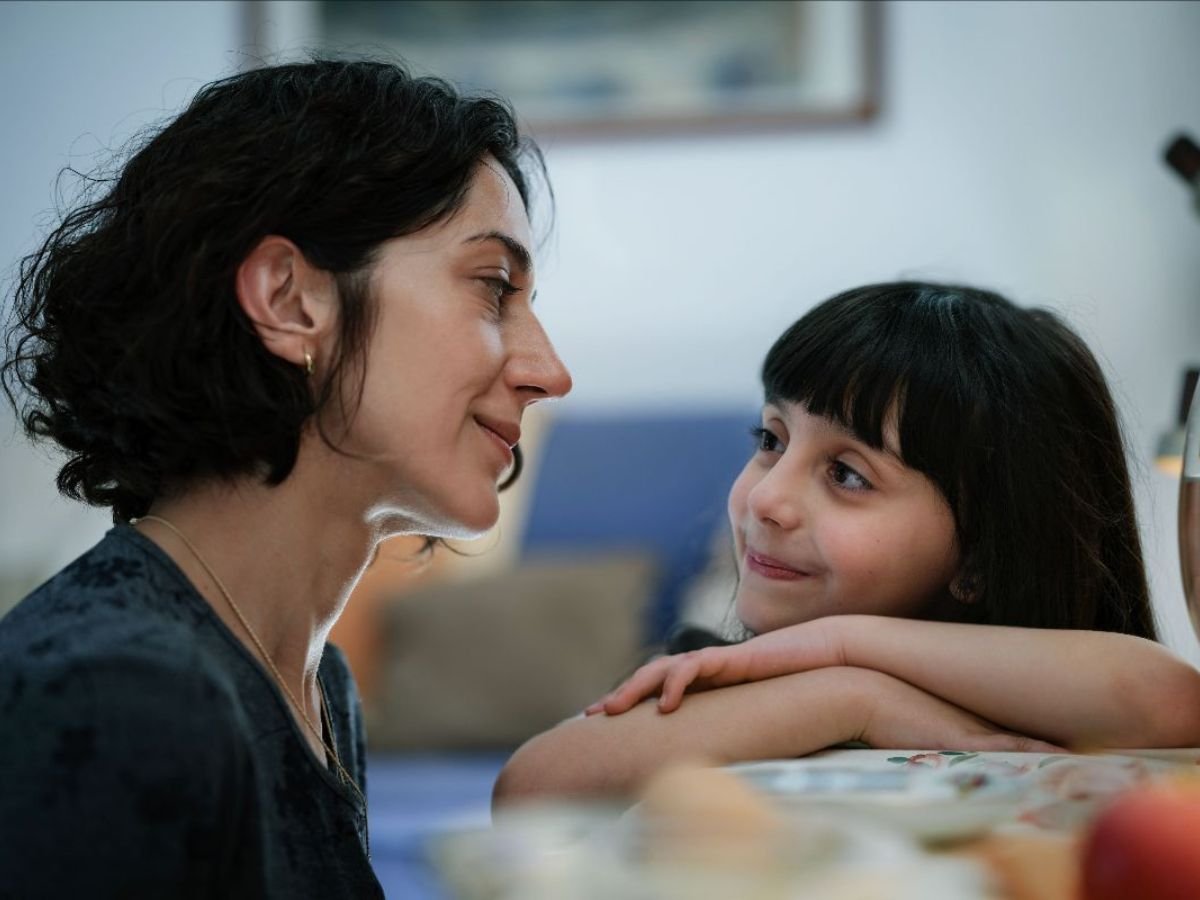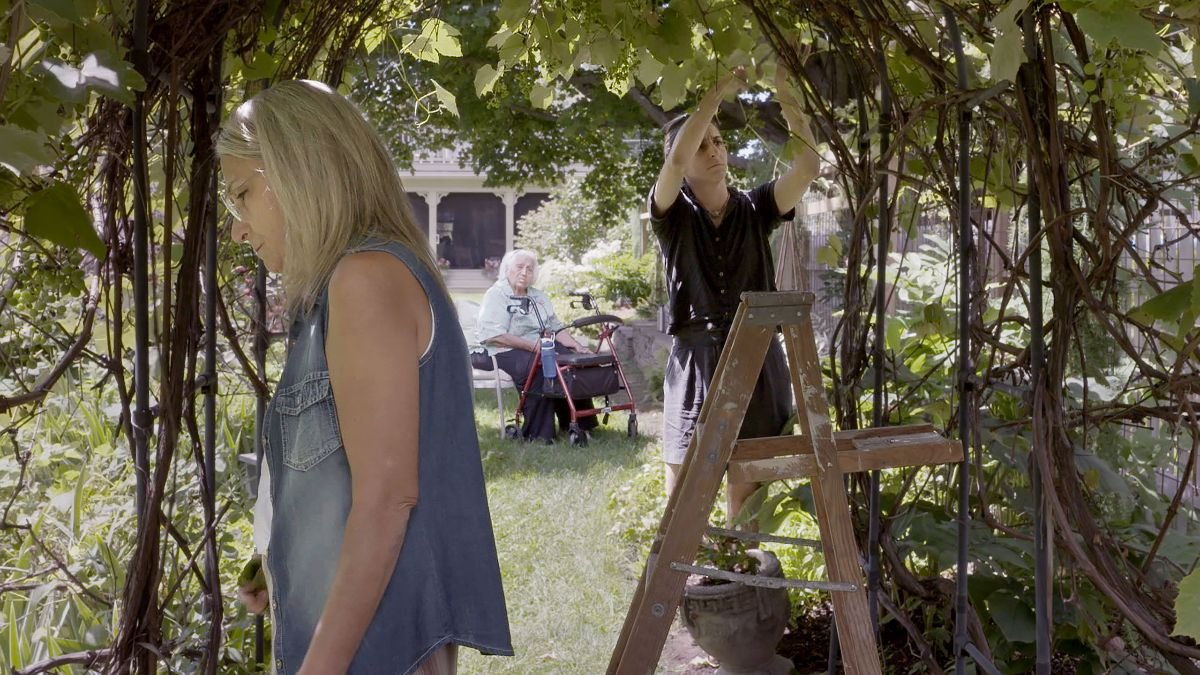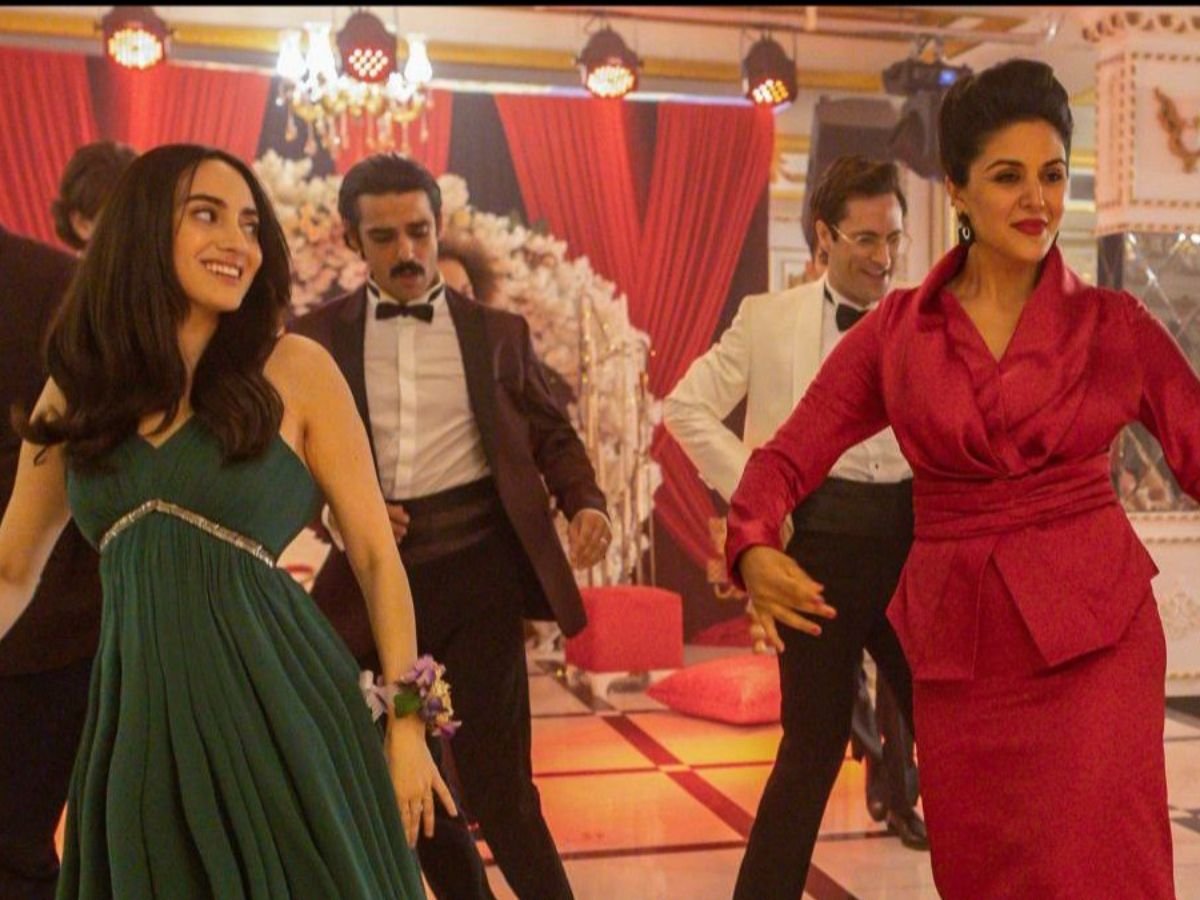As the first in-person Sundance Film Festival in three years goes into its final days, those of us who made the trek to snow-covered Utah felt the excitement of being together again — with a strong lineup of films to view. It’s also exciting and gratifying to note that so many Sundance alums have been nominated for Academy Awards, especially for all who appreciate the importance of creating opportunities to connect audiences with untold stories, new voices and new ideas. In the Best Documentary Feature category, four out of five nominations went to Sundance-supported films: All that Breathes, Fire of Love, A House Made of Splinters, and Navalny.
Last night, I had dinner with the Navalny film team to celebrate their Oscar nomination and learn more about Alexei Navalny’s condition. He has been in prison for more than two years, often in solitary confinement. His supporters recently launched the “Free Navalny” campaign to sound the alarm about his deteriorating health and the refusal of prison doctors to treat him. The team remains hopeful that the film’s elevation will increase awareness of his imprisonment and will lead to more joining the call for his release. Navalny’s wife and daughter are in the US advocating for protections for leaders like Navalny who take the risks to speak the truth about a regime’s abuses and put themselves forward as leaders for change.
See the film. Support Navalny’s release.
Also at this year’s Festival, there was more good news: A record-breaking number of films were helmed by women and people of color. “Of all 101 feature-length films in this year's festival, 53% have a female director and 45% have a director of color — the highest numbers on record... Of the directors behind the US Dramatic Film category — arguably the Festival's main event — 61% are women and 61% are directors of color.” There are also a number of films directed by Indigenous women, including two must-see films: Fancy Dance and Bad Press.
Directors Maryam Keshavarz, Sierra Urich and Noora Niasari all have films at the 2023 Sundance Film Festival © Robin Marchant / GETTY IMAGES NORTH AMERICA/AFP
At the annual Women at Sundance event this year, I had a special opportunity to interview three Iranian American women filmmakers whose films are being presented at this year's Festival.
I talked with Maryam Keshavarz (The Persian Version), Sierra Urich (Joonam), and Noora Niasari (Shayda) about their films, all of which were in production before the Iranian uprising started in September, following the death of 22-year-old Mahsa Amini in police custody.
The filmmakers talked about how the events in Iran, a women-led revolution, presented a new urgency and relevance for their films. Although none of the films are about the revolution, these three very different stories provide counterpoints to it, exploring the lives and identities of Iranian women living and working in the US, and their struggles to sustain powerful intergenerational connections to Iranian culture.
Pat Mitchell and Maryam Keshavarz speak at the Women at Sundance Celebration, during the 2023 Sundance Film Festival. © 2023 Sundance Institute | photo by Jen Fairchild. / Courtesy of Sundance Institute
The films, two features (Shayda and The Persian Version) and one documentary (Joonam), focus on grandmothers, mothers and daughters, delving into these relationships with humor and compassion, and revealing the many interconnected ways that cultural values transfer from one generation to the next.
The filmmakers talked about the risks they took in telling their stories and the reality that they will likely never be allowed to visit Iran again. Maryam Keshavarz acknowledged that for security reasons she hasn't been able to return to Iran since making her first film about two teenage Iranian girls in love. That film, Circumstance, won the 2011 Sundance Film Festival Audience Award. “I can’t go back. I can go, but I can’t leave [once I am there]. But I do dream about going back." she said. "It was very hard for me. My grandmother passed away recently and I couldn’t go back.”
Keshavarz’s film, The Persian Version, also won this year’s Audience Award and the Waldo Salt Screenwriting Award in U.S. Dramatic Competition.
Sierra Ulrich’s documentary Joonam is a deeply moving, intense and occasionally funny portrait of three generations of women and their complex relationship to an Iran of the past. At one point in the film, her mother worries that it is "very dangerous" to share these stories on-screen because in Iran "the filmmaker will be the one hanged."
The danger is very real. Some of you may have read about the case of filmmaker Jafar Panahi (No Bears), who was arrested last July and sent to prison to serve a six-year sentence handed down in 2010 when he was convicted of “propaganda against the system.” Previously under house arrest and a 20-year filmmaking ban — which he has disregarded, continuing to make films secretly — Panahi is now an inmate at Tehran’s Evin Prison, along with fellow filmmakers Mohammad Rasoulof and Mostafa Al-Ahmad.
Ulrich told me that she has never visited Iran and would like to visit, but believes the risk is worth never getting the chance. “It’s a catch-22. The more you try to be connected, or you’re an artist and you’re speaking freely, the more you are put in a situation where it’s not wise to go,” she said. “But what other choice do we have? It’s our duty to speak freely about our experiences even if that means being cut off from a place that we feel so connected to.”
Shortly before her film received financing, Niasari says she was very anxious about the consequences of putting her and her mother's story out into the world. “Can I go back to Iran? And my mother would not be able to go back either, and I asked her, ‘what do you want me to do?’ because I was putting her in this position too. And she was like, ‘I want you to make the film because I came to this country to give you freedom and I don’t want you to have to censor yourself as an artist.”
Niasari was in the editing room when the 2022 Iranian protests began. “We were just having so many sleepless nights,” Niasari says. “With all the news and trying to reach our families, we really struggled in the first weeks of the edit to be focused on the film, because we were just devastated and feeling very powerless.”
Ultimately, all three of these amazing, brave — and yes, dangerous — women have weighed the personal risks they are taking and have decided it's worth it if their stories can help bring about a greater understanding and support for the changes being fought for by their sisters in Iran. As Niasari told me, "Sometimes we have to make those choices as artists. It’s a very difficult position to be in when you have family there. I guess that’s the cost of telling the truth and telling our truth.”
I encourage you to watch our entire conversation in this reel uploaded to Instagram by Bita Milanian of IRANIANS in FILM & TV, and I hope you will watch all of their films, available online during the festival (accessible at the links below).
More to come on other extraordinary experiences at this year’s SFF… and congrats to Joana Vicente, Sundance’s new CEO who also served as interim festival director this year, and the whole festival team at the Sundance Institute.
Onward!
-Pat
How To Fest
Visit the Sundance Film Festival tickets page, scroll down and select "Single Film Ticket: Online" then search for the titles and secure your virtual tickets. Through Jan. 30







